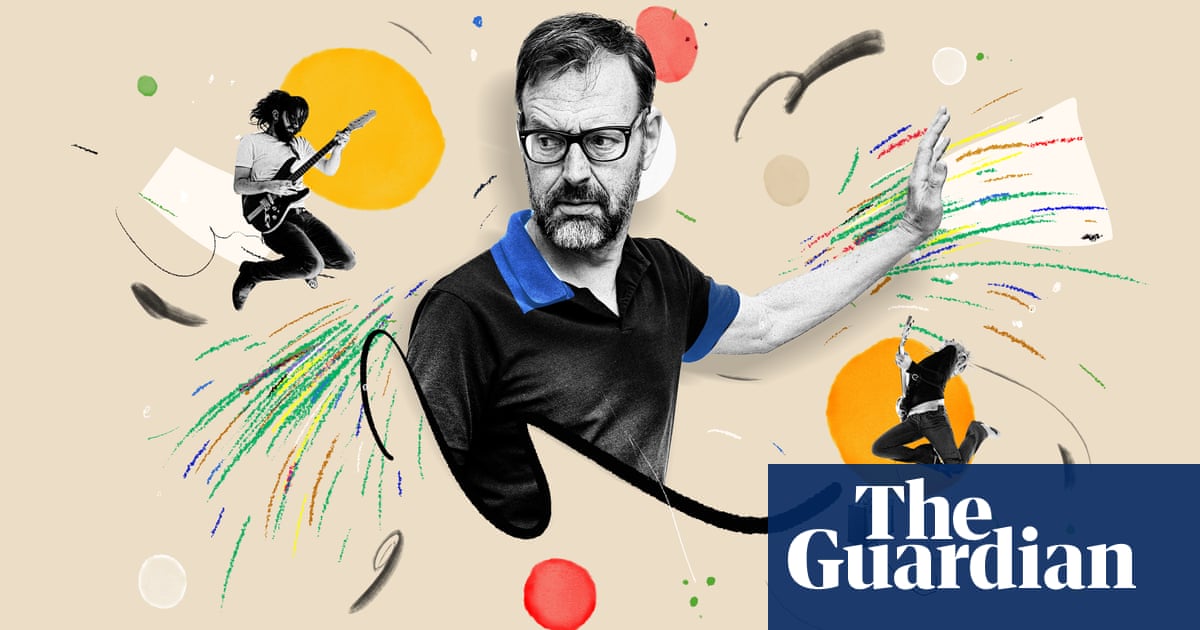
It’s 10am on a Saturday. My wife and I are in the waiting room of a van hire company somewhere on London’s north-western fringes. It had been my job to hire the van, but I’d left it late and there seems to be some kind of shortage. The only place that had one available was so far away my wife had to drive me there.
It’s taking the customer ahead of me a long time to collect his van, because of his unwillingness, or inability, to provide proof of address.
“I might leave you to it,” my wife says.
“But what if something goes wrong?” I say.
“Like what?” she says, walking out of the office door. Her inability to imagine unwanted outcomes is sometimes difficult to live with.
Finally, it’s my turn. I present my documentation, and the young man behind the counter clicks his mouse.
“There is one issue,” he says.
“Is it that you don’t have any vans?” I say. This is precisely the unwanted outcome I’d been imagining.
“It’s just that you requested the longer size,” he says.
“Did I?” I say.
“Let me show you what I’ve got,” he says. He sprints across the lot and returns at the wheel of a giant white van. I go out to meet him.
“I can try to get you the bigger one,” he says.
“I don’t want the bigger one,” I say.
“Oh, man,” he says. “You’ve made my day!”
I only need the van to drive a bed, some furniture, four boxes and some bin liners full of clothes and towels to the other end of London: the oldest one is moving out.
I got emotional the first time the oldest one left home, but I’m used to it now. The last time – four years ago – he got into a taxi with all his stuff on a snowy evening just as I was returning home. As soon as he was gone my wife announced that she was never going to cook again, which proved to be the more traumatic turning point.
When his lease ran out two years later, the oldest one returned. Then the pandemic hit. Then the middle one returned from the US. Suddenly I was cooking for five, every night.
Once I’ve managed to pilot it home, the van does not take long to load. By midday we are riding high and heading east, with my wife sitting in the middle relaying the directions from her phone.
“I can’t believe you don’t need a special licence to drive this thing,” the oldest one says.
“I know, right?” I say, sailing off a roundabout. “Just proof of address.”
“Actually you’re better at driving this than you are an ordinary car,” my wife says.
“Out here I’m just another white van man,” I say. “Part of the brotherhood.”
“You want to turn right,” my wife says.
“I’ve got a heart of gold, an aggressive driving style and some frankly eye-watering political views,” I say.
“Right here,” my wife says.
“You mean right here, right here?” I say.
“Yes,” she says.
“OK,” I say, indicating. “Here we go.”
“Oh wait,” she says. “Not this one.”
There is a long silence while I battle my way back into the inside lane. Luckily I can’t see any of the cars behind me.
An hour later we arrive at the oldest one’s flat, in what can only be called a young person’s part of London. Other people are also unloading their children’s stuff; it’s like the first day of university all over again.
Neither of his flatmates has moved in yet, so unloading is a slow process involving several staging posts. Our departure, when it comes, is a little unceremonious: we leave him sitting alone in the low afternoon sun.
“OK, have fun,” my wife says.
“See you for Sunday lunch,” I say. “Not this Sunday.”
Back in the van, my wife and I brace ourselves for the long trip back alone.
“Remember,” I say. “I’m just an honest tradesman, out here trying to make a living.”
“I get it,” she says.
“So I need you to say the correct directions, well in advance.”
“Fine,” she says. “Straight on.”
“What about this upcoming thing?” I say.
“It says straight.”
“Chicane?” I say. “Is that the word?”
It’s too late. My van is pinned by encroaching kerbs, with a line of bollards threatening my high white sides. All the sensors are beeping. I close my eyes for a second, thinking back to a much earlier moment, when I made someone’s day.












